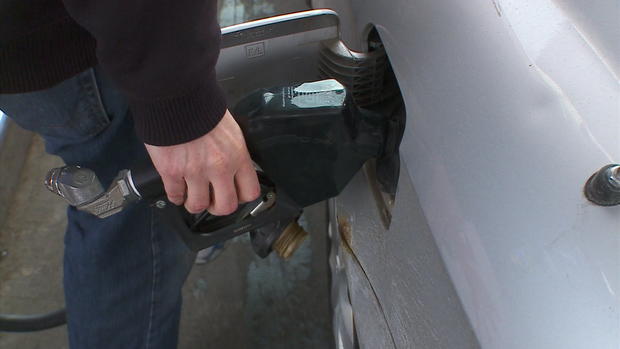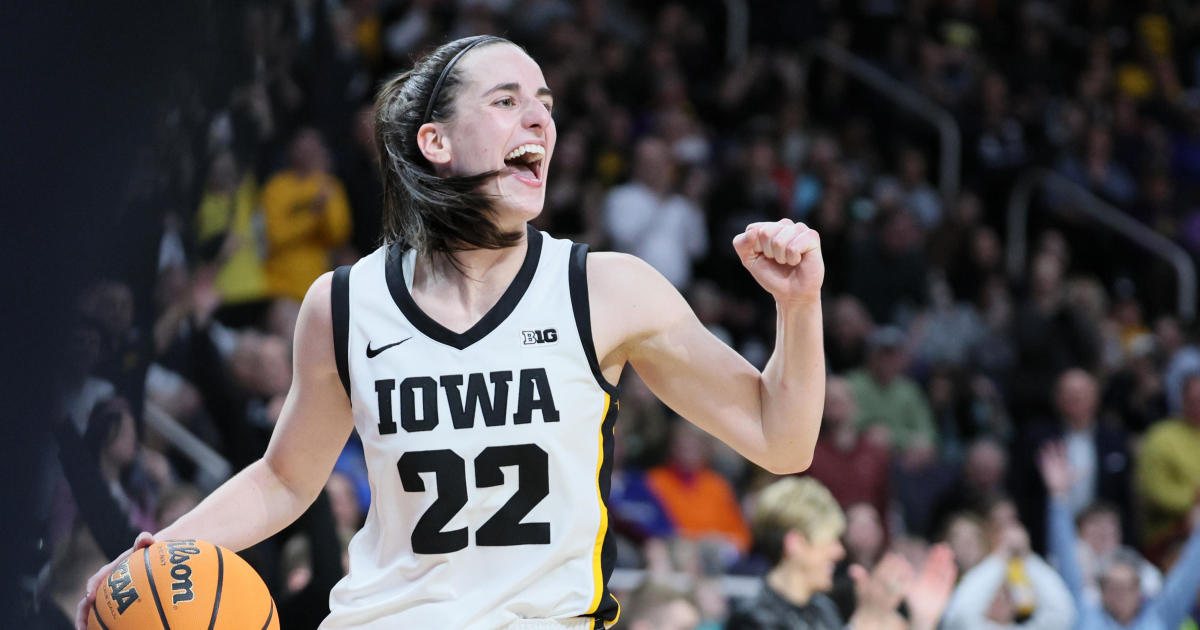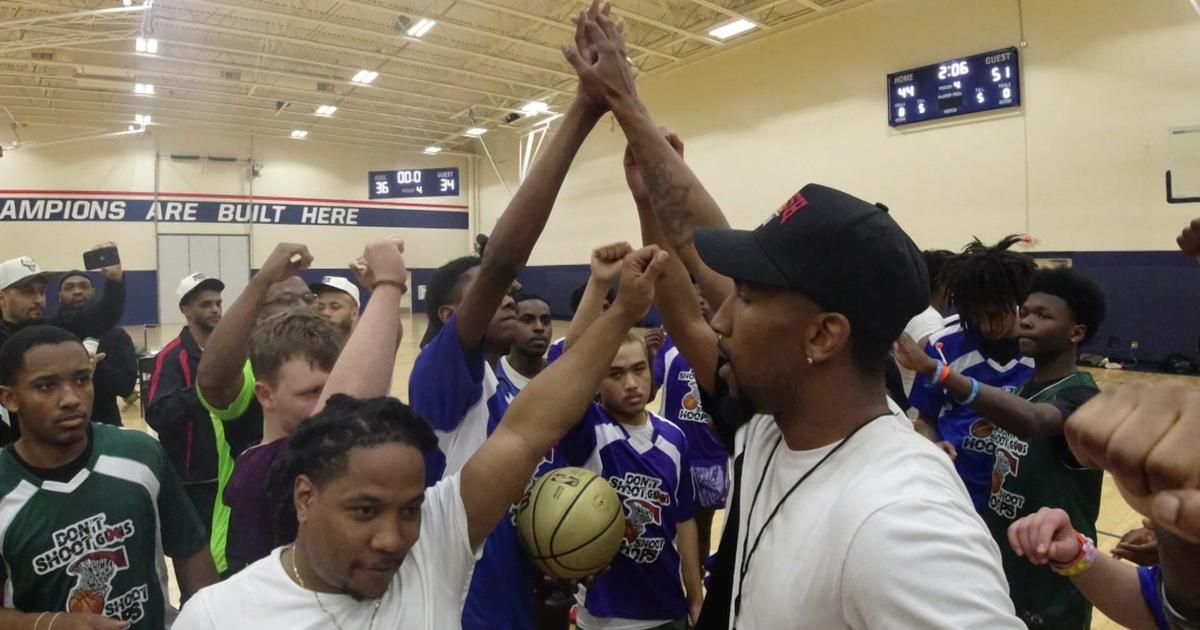Does It Pay To Shop Around For Gasoline?
MINNEAPOLIS (WCCO) -- If you gassed up your car in the past few days, you likely noticed prices are going up.
According to AAA, the statewide average for a gallon of unleaded on Monday is $3.28. That's up 11 cents from last week and nearly 20 cents from a month ago. That might be enough to have you searching for the cheapest price.
So when we buy gas, does it pay to shop around? Good Question. WCCO's Jeff Wagner explains why we might be better off saving our time over money.
Not much drives us to do what we do quite like the thought of saving some cash. We asked a few drivers if they'd travel a few miles to a different gas station if it was five cents cheaper per gallon.
"Yeah I would make it," said Dion Ware.
"If I need a full tank, maybe, but probably not," said Elijah Kozicky.
Does it pay to shop around? We spoke with Meredith Mitts, public affairs specialist with AAA Minnesota/Iowa.
"Honestly it depends on your make and model, but the savings isn't huge," Mitts said. "It's really gonna come down to your vehicle and what your gas mileage is."
Here's an example. Let's say you need 10 gallons of gas. The first gas station is priced at $3.34/gallon. A gas station two miles away $3.29/gallon. Fueling up at the second station would save you $0.50 on 10 gallons.
Now you factor the costs of gas to get to and from the further gas station.
Your car's fuel economy is 30 miles per gallon. After driving two miles there and two miles back, you spend $0.44 on gas. When subtracted from the total savings at the pump, you only saved $0.06 overall.
It's why Mitts suggests people take advantage of rewards programs that often start at 10 cents off a gallon and can get two, three, or four times higher. That's when going the extra two miles could be worthwhile. If you save $0.30 per gallon thanks to rewards, that's $3 in savings across ten gallons. It only drops to $2.56 when accounting for the gas spent to drive two miles there and two miles back.
"I personally try and save the rewards program for when I know my tank is pretty low. And then I use it on whichever vehicle has got the bigger tank," she said.
Another way to potentially save is monitoring when your preferred gas station gets a fresh supply of fuel.
"Therefore the prices are a little bit more stable versus at the very end of [the gas station's] fill when they're waiting for the new shipments to come in to refuel their station, the gas prices might be a little bit higher," Mitts said.
The savings might not be as dramatic as a rewards program, but at least you didn't go out of your way to get it.
The state of Minnesota currently has a $7 billion surplus. Could that money be used to help drivers cut costs at the pump? State lawmakers say that money needs to be used elsewhere.
"Our highest priority for use of the budget surplus in transportation is to unlock and allocate billions of dollars of federal money to Minnesota from the bipartisan infrastructure bill to help fix our crumbling roads, bridges and promote energy efficient and clean cars and busses," said DFL Rep. Frank Hornstein, who chairs the Minnesota House Transportation Finance and Policy committee. He added that those infrastructure improvements could in turn save drivers on fuel costs down the road.
When asked if the surplus could be used to lower gas prices, Republican Sen. Scott Newman, who chairs the Senate Transportation Finance and Policy committee, gave this statement to WCCO: "Rather than temporary gimmicks, we are focused on long-term, permanent tax relief. The best thing we can do to help with the high cost of gas is to lower your tax bill with permanent tax cuts targeted to low and middle-income Minnesotans. Commonsense solutions from Congress to address the root causes of inflation will also help keep the cost of all energy prices more affordable."




